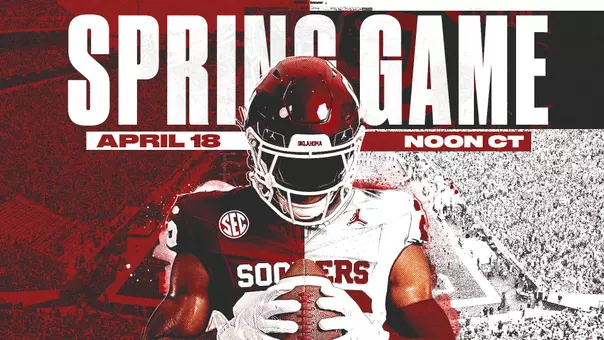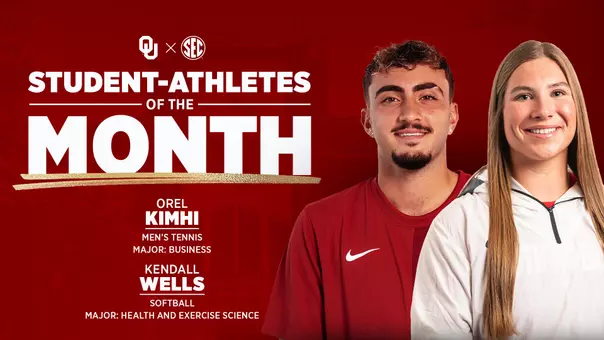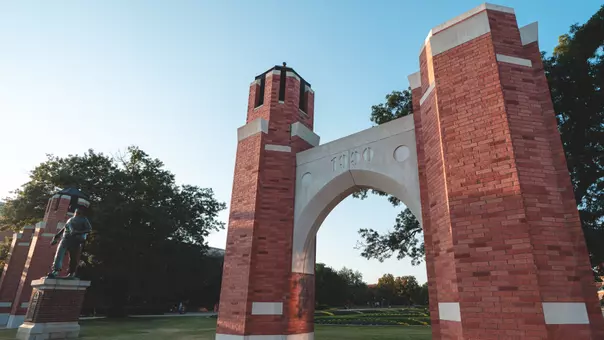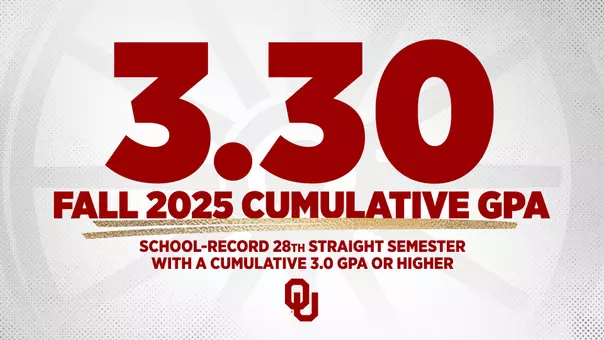University of Oklahoma Athletics
Counseling
August 30, 2022 | Athletics
Home | Counseling | Performance Psychology | Psychological Assessments | Medication Management & Referrals | Workshops | Contact Us | Resources | Doctoral Internship Program
Counseling provides a unique opportunity to talk with a licensed mental health provider or supervised trainee about issues that may be preventing a student-athlete from enjoying life or achieving at optimal levels academically, athletically, or personally. The way in which athletes experience distress can be very different from non-athletes. That is why it is important for student-athletes to seek support from professionals who are trained in working with the specific mental health needs of elite college athletes, like the PROS staff.
Counseling provides a nonjudgmental perspective in an accepting environment that can help student-athletes find direction, develop coping skills, and identify strategies to improve a difficult or stressful situation.
An initial counseling session begins with paperwork (approximately 10-15 minutes), followed by a meeting lasting approximately 50-60 minutes. During this intake, the PROS staff takes time to get to know the student-athlete, what led them to reach out to PROS, and the goals they have. Subsequent meetings last 30-50 minutes, usually weekly or every other week, though this depends on what the student-athlete and their counselor feel would be most helpful. Everything discussed during a counseling session is confidential, and will not be shared with coaches, teammates, parents, friends, professors, or anyone else without written consent from the student-athlete. Confidentiality is required by both Oklahoma state laws and federal protections and is of the utmost importance to PROS staff members. The ultimate goal of the PROS department is to earn the trust of the student-athletes we serve.
In counseling student-athletes may:
- Identify concerns & understand how they are affecting the student-athlete's life academically, athletically, socially, or personally.
- Explore possibilities or new ways to deal with the stressors.
- Recognize patterns and cycles and explore new ways to have healthy relationships.
- Develop insight and strategies to improve relationships.
- Recognize or reconnect with personal strengths and abilities.
- Identify and work towards goals that the student-athlete holds for themselves.
It is important to understand that a student-athletes does not have to be struggling to make a visit to PROS. If a student-athlete wants to grow and improve in any aspect of their life, they could benefit from working with a member of the PROS staff.
Potential areas of discussion may include, but are not limited to:
- Adjustment to college
- Sadness/depression
- Loneliness/isolation
- Homesickness
- Loss of direction
- Anxiety
- Relationship issues
- Family problems
- Substance abuse
- Anger
- Sleep issues
- Body image and eating concerns
- Stress related to athletic injury
- And others! If it's important to the student-athlete, it's important to us
Student athletes may likely benefit from a focus on their mental health if they experience any of the following:
- Feeling "moody" or irritable
- Sleeping difficulty or feel fatigued
- Having a difficult time managing the demands placed upon them
- Feeling distracted by academic, personal, or sport issues
- Feeling uncomfortable in their body or experiencing difficulty with fueling (i.e., eating) adequately for health and performance
- Feeling stressed by social situations or often worry about past or upcoming social interactions
- Lacking motivation in any aspect of their life (e.g., school, sport, relationships)












